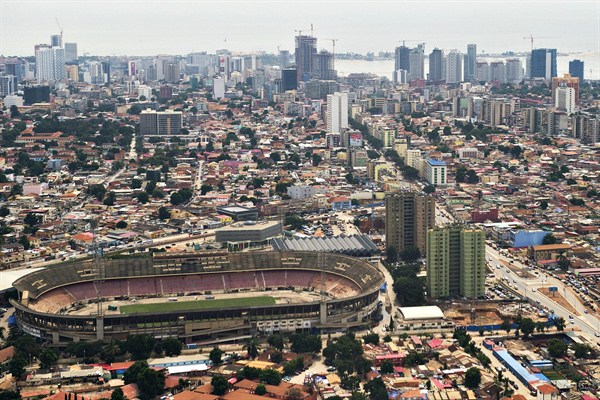Oil-rich Angola is enduring serious hardship with the slump in global energy prices, and there is a sense of things being in a state of flux in a country deeply dependent on petrodollars over the past decade. Throwing major political uncertainty into the mix, in March, long-serving President Jose Eduardo dos Santos announced his intention to step down and retire from active politics in 2018, which would effectively end a four-decade-long tenure as head of state. Whether dos Santos follows through with his pledge remains to be seen; he made a similar announcement in 2001, but then reneged. The context 15 years on is significantly different, however, and indications are that the announcement is genuine.
Dos Santos led Angola through its civil war, one of Africa’s most brutal, bringing an effective end to the 27-year conflict in 2002. He subsequently led the country through a period of explosive economic growth thanks to oil revenues, turning it into Africa’s third-largest economy. But as president, he has been accused of basing his leadership on patronage, widespread corruption and extensive centralization of power. In recent years, criticism of the government has been on the rise, and now the end of the so-called super-cycle of high commodity prices, along with low U.S. interest rates and a weak dollar, have sent shockwaves through the Angolan economy. In April, it was announced that Angola would seek financial assistance from the International Monetary Fund.
Together, the deep economic crisis and dos Santos’ plans to step down have raised new political questions in Angola. With the abrupt end to the oil boom, is an avenue opening up for opposition parties to finally gain more influence or perhaps even push aside the long-dominant People’s Movement for the Liberation of Angola (MPLA), which has ruled the country since its independence in 1975?

